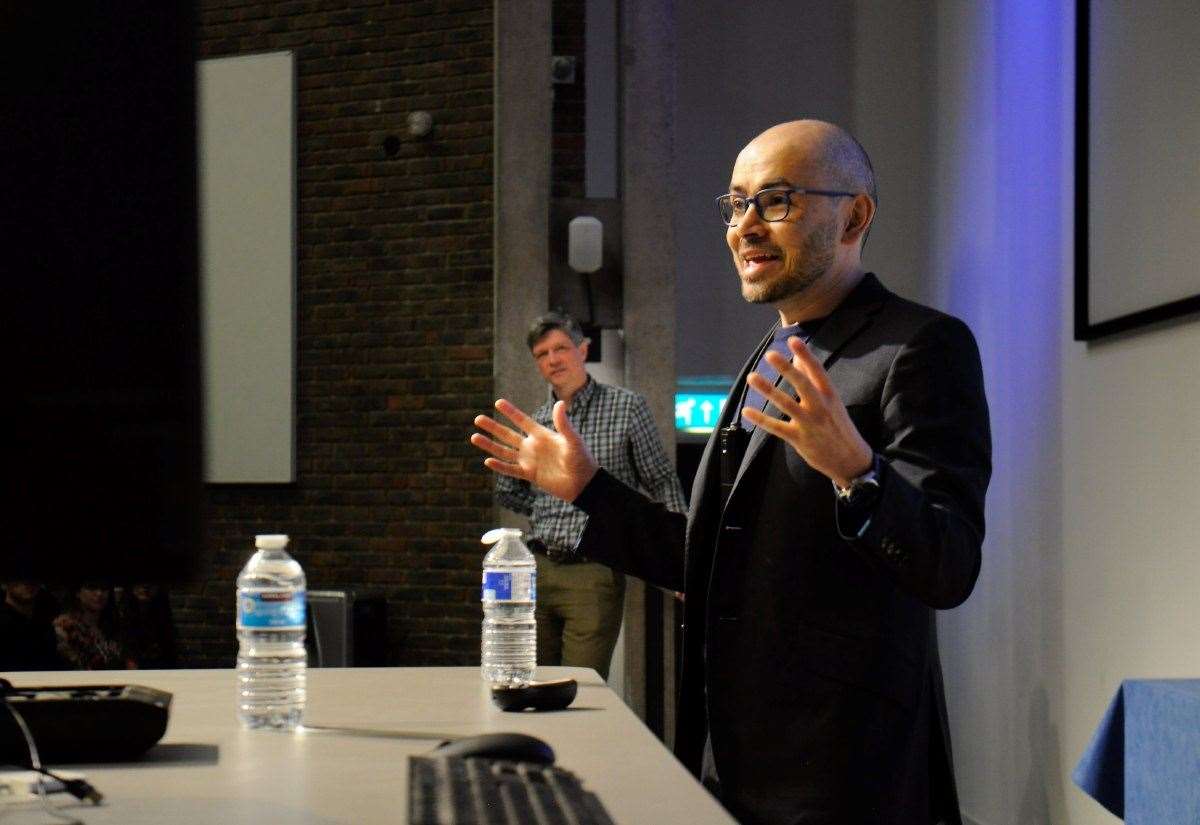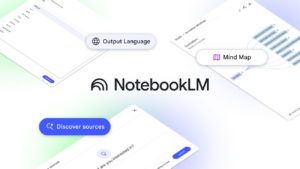AI Will Find Applications Across Nearly Every Industry

The Role of AI in Drug Discovery and Scientific Advancement
Artificial intelligence (AI) is poised to revolutionize various fields, with drug discovery being a prominent example. According to Sir Demis Hassabis, co-founder and CEO of Google DeepMind, techniques in AI could significantly shorten the time required for drug development, potentially reducing the process from a decade to just a few weeks or even days.
The Advent of Digital Biology
Sir Demis spoke at a recent event in Cambridge, where he addressed how AI can expedite scientific breakthroughs. He highlighted that, as of now, it takes about 10 years and billions of dollars to develop a new drug. This lengthy process doesn’t have to remain the status quo. With AI, the discovery timeline for new medicines could be dramatically accelerated.
His research and profound insights into AI capabilities recently earned him the Nobel Prize in Chemistry, awarded jointly with Dr. John Jumper. Their work emphasized AI’s role in predicting protein structures, a crucial factor in understanding biological processes and drug development.
The Chess Connection: Early Beginnings of AI
Sir Demis traces his fascination with AI back to his childhood, particularly through his experiences with chess. Starting at the age of four, he explored the complexities of planning and problem-solving through games. He found it remarkable that a computer could exhibit intelligent play, which eventually led him to create his own AI programs as a teenager.
His early experiments with computer chess laid the groundwork for what would become his lifelong career in AI research. This foundational experience showcased how games serve as an excellent training ground for developing advanced AI systems.
Achievements in Computer Gaming
DeepMind, co-founded by Sir Demis in 2010, made headlines by creating algorithms that mastered various games, including iconic titles like Atari and the ancient game of Go. In 2016, its AI, AlphaGo, became the first program to defeat a world champion in Go, a game recognized for its profound complexities—far greater than chess.
Advancements in Protein Folding
One of the monumental challenges in biology has been the prediction of protein structures from amino acid sequences. Traditional methods would take longer than the age of the universe to compute all configurations. However, DeepMind’s AlphaFold2 achieved what many scientists had been striving towards for decades. This AI tool not only predicted protein structures accurately but also made this knowledge freely available, enabling researchers worldwide to employ it in their studies.
In fact, AlphaFold2 has been cited over 30,000 times and is now seen as a critical resource in biology, assisting in diverse areas like drug discovery, agriculture, and climate change mitigation.
The Future of AI-driven Solutions
Sir Demis envisions that AI can tackle numerous challenges across various domains. He describes the journey of DeepMind as a two-step process: the first step being to solve AI itself and the second being to apply it to address pressing global issues. The objective now is to make complex searches in vast datasets efficient, akin to finding the proverbial needle in a haystack.
One of the most exciting prospects is the development of artificial general intelligence (AGI), which could perform tasks comparable to human cognitive functions. Google DeepMind has been working on innovations like video generation tools and virtual assistants that gain understanding from textual prompts.
The Importance of Responsible AI
An integral aspect of AI development is safety. Sir Demis asserts that, unlike the Silicon Valley mantra of "move fast and break things," the advancement of AI necessitates thoughtful engagement with various stakeholders. This prudence is essential, especially as AI technologies evolve rapidly and become more intertwined with everyday life.
Looking Toward the Horizon
DeepMind’s research includes groundbreaking tools that could revolutionize robotics and AI applications in real-world scenarios. Sir Demis speculates on the exciting possibilities of AI working alongside classical computing systems to address complex tasks, such as protein folding.
In summary, the potential of AI in drug discovery, scientific understanding, and beyond is significant. As researchers continue to unlock its capabilities, the prospects for solving some of humanity’s most challenging problems are becoming increasingly optimistic.






